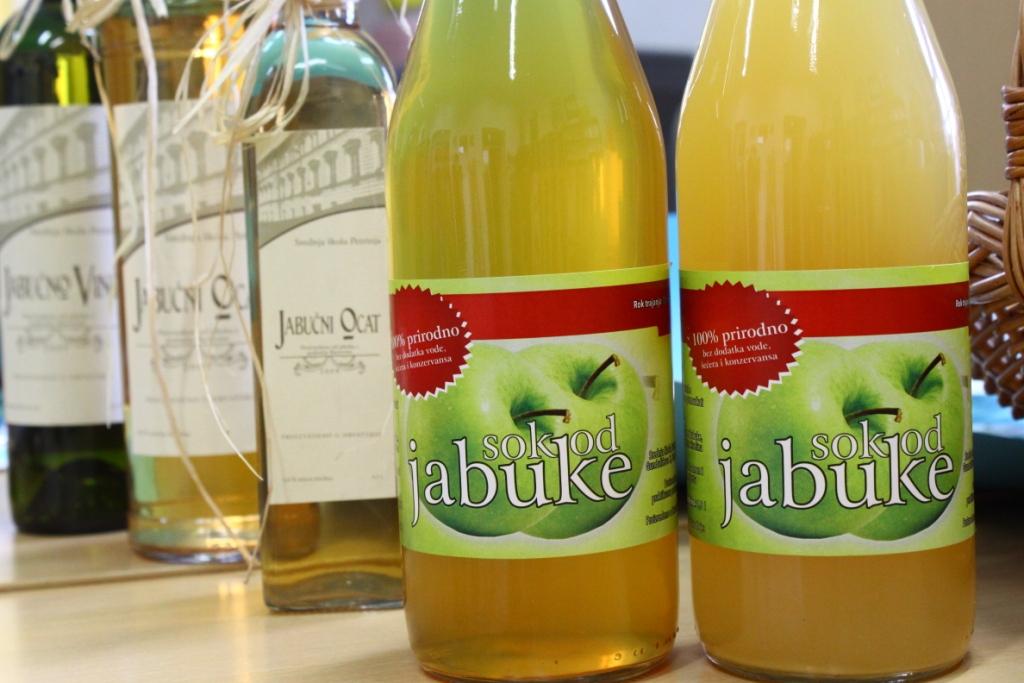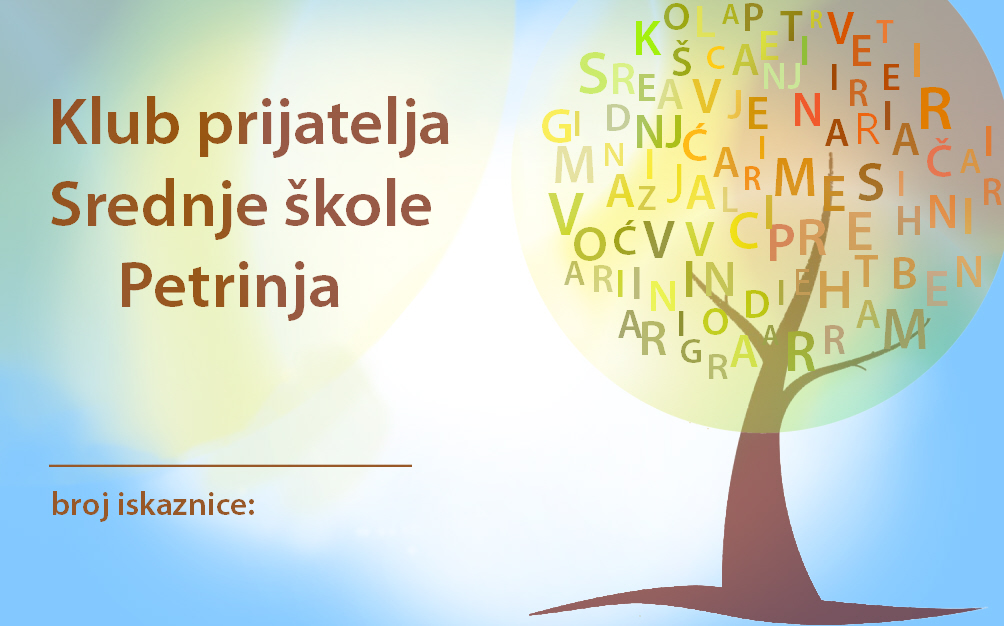
Kosovo is an independent country
On 17 February 2008 the Republic of Kosovo unilaterally called out its independence. The formerly autonomous province of Serbia consists of around 92% ethnic Albanians and has several minorities, mainly Serbs. Kosovo’s independence has been recognised by roughly half of UN members, Serbia opposes Kosovo’s independence. Several EU members, such as Spain and Slovakia also do not recognise its independence, thus hampering an EU position on the status of Kosovo. Over the past years the country has been struggling with its official status, its relation with Serbia and integration with the EU on its path towards full independence and independent rule. Tensions and incidents remain in Kosovo, especially in the north, were the ethic Serb majority does not recognise the authority and presence of the government in Pristina.
Kosovo war
Tensions between the Serbian and Albanian communities in Kosovo simmered throughout the 20th century and occasionally erupted into major violence, particularly during the First Balkan War, World War I, and World War II. The Socialist government of Josip Tito systematically repressed nationalist manifestations throughout Yugoslavia, seeking to ensure that no republic or nationality gained dominance over the others. After the death of Tito nationalist feelings became dominant again, especially among ethnic Albanians living in Kosovo, leading to an increasingly poisonous atmosphere between Albanians and Serbs.
Tensions further increased when the autonomy that was given to Kosovo in the 80’s was revoked under the rule of Slobodan Milošević. In 1991 an unofficial referendum was held in Kosovo on the creation of an independent republic, 98% voted in favour with a 90% turnout. The denial of the independence of Kosovo by the Serb government led to an increase in violence between the Kosovo Liberation Army (KLA) and the Serb authorities and finally to a situation of war in 1997. The international community demanded that the Serbs would end their offensives against the KLA whilst attempting to convince the KLA to drop their bid for independence. Moreover, attempts were made to persuade Milošević to permit NATO peacekeeping troops to enter Kosovo.
The failure of peace negotiations led to a NATO decision in 1999 to end the conflict with military means. Within ten weeks, NATO aircrafts flew over 38,000 combat missions with the following aim: “Serbs out, peacekeepers in, refugees back”. On June 3, 1999, Milošević accepted the terms of an international peace plan to end the fighting, with the Serbian parliament adopting the proposal amid contentious debate with delegates coming close to fistfights at some points. According to the Kosovo Memory Book, based on the study of an NGO from both Kosovo and Serbia around 13,000 people were killed during the conflict.
Independence
In an extraordinary parliamentary session in Pristina on 17 February 2008, Kosovo unilaterally declared its independence from Serbia. Kosovo’s Prime Minister Hashim Thaci read the declaration of independence, which stated that Kosovo is dedicated to peace and stability in the region, and is looking for a good relationship with its neighbours. The declaration furthermore states that Kosovo is created along the lines of the UN plan drawn up by special representative Martti Ahtisaari, and calls for Kosovo’s supervised independence by an international presence. Serbia was, and remains, strongly opposed against an independent Kosovo. According to the Serbian government a solution for Kosovo must be found to which both Belgrade and Pristina agree upon.
.jpg)








